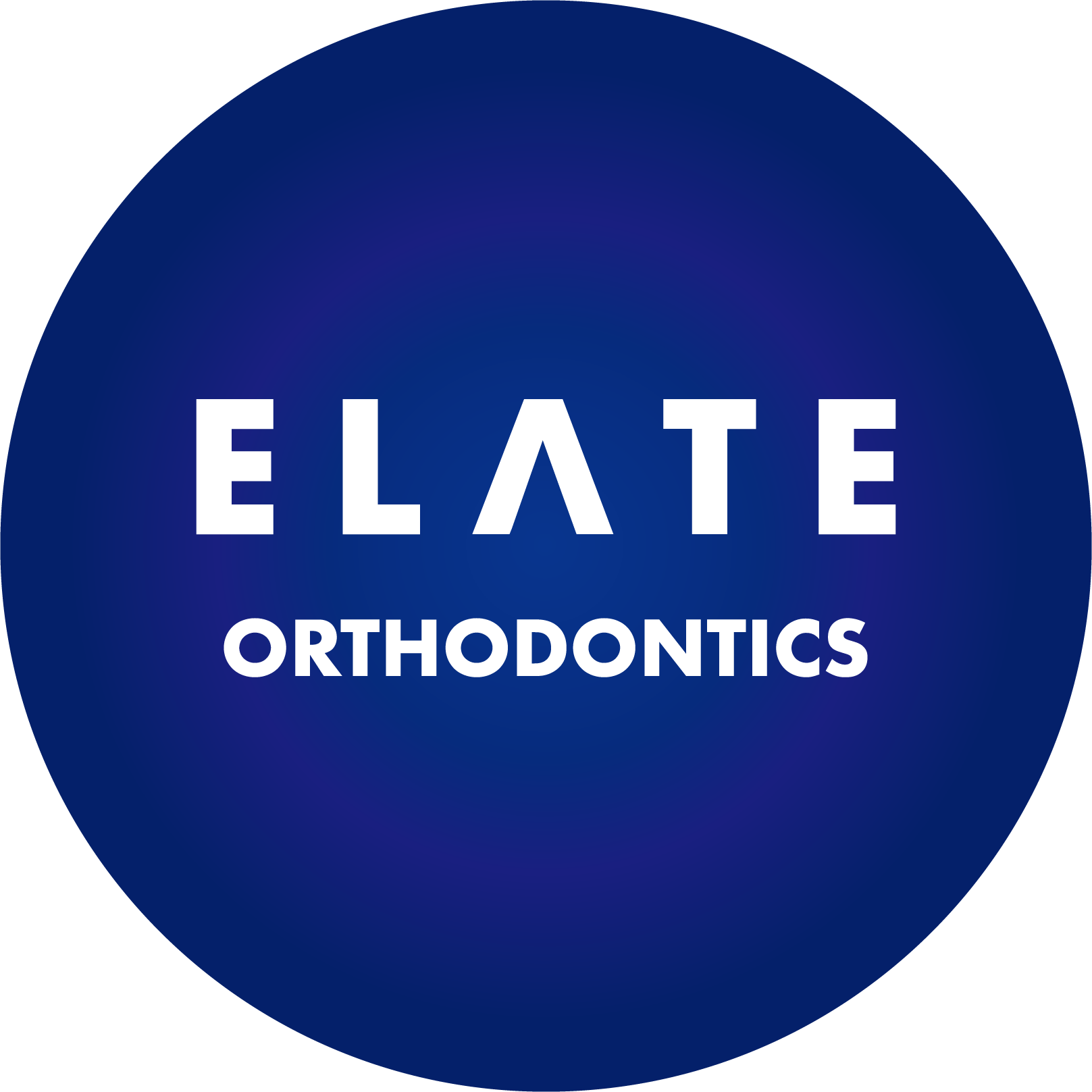
Understanding Childhood Bruxism: Causes, Symptoms, and Treatment Options
Childhood bruxism, or teeth grinding, is more common than many parents realize. While often harmless and temporary, persistent teeth grinding can lead to oral health issues if left unaddressed. This article explores the causes of childhood bruxism, how to recognize it, and what steps you can take to protect your child’s smile.
What Is Bruxism?
Bruxism refers to the involuntary grinding or clenching of teeth. It can occur during the day or at night (nocturnal bruxism). In children, teeth grinding typically happens while they sleep and may go unnoticed until symptoms develop or a dentist identifies it.
While childhood bruxism often resolves naturally as children grow, it’s important to monitor for any long-term effects on oral health.
What Causes Bruxism in Children?
Bruxism can have several underlying causes, many of which are not directly related to dental problems. However, one of the most common causes is the presence of enlarged adenoids and tonsils. When these tissues are swollen, they can obstruct the airway, causing the child to grind their teeth as a response to restricted airflow during sleep.
Other contributing factors include:
- Stress and Anxiety: Emotional stress can trigger grinding, especially during periods of significant change (e.g., moving, starting a new school).
- Sleep Disorders: Children with conditions like sleep apnea or restless leg syndrome are more prone to bruxism.
- Dental Misalignment: Issues like an overbite or crowding may contribute to grinding.
- Pain Relief: Children may grind their teeth to cope with pain, such as from earaches or teething.
- Hyperactivity: Studies have shown a link between bruxism and hyperactivity or attention-deficit/hyperactivity disorder (ADHD).
Common Signs and Symptoms
Parents often do not realize their child grinds their teeth until a dentist points it out, but there are some warning signs you can look for, including:
- Audible Grinding: You may hear your child grinding their teeth at night.
- Tooth Wear: Flattened, chipped, or worn teeth may indicate grinding.
- Jaw Pain or Soreness: Children with bruxism may complain of a sore jaw, particularly in the morning.
- Headaches: Tension headaches, especially in the morning, can be a symptom of bruxism.
- Sleep Disruption: Grinding may cause restless sleep, leading to tiredness or irritability during the day.
If your child exhibits any of these symptoms, it’s essential to schedule an evaluation with an experienced orthodontist or dentist.
Learn more about the importance of orthodontic consultations here.
How Bruxism Affects Oral Health
While mild cases of bruxism may not cause significant harm, persistent grinding can lead to:
- Tooth Damage: Worn enamel, chips, and fractures can develop over time.
- Jaw Disorders: Bruxism can lead to temporomandibular joint (TMJ) dysfunction, causing pain and limited jaw movement.
- Malocclusion: Prolonged grinding may contribute to misaligned teeth, requiring orthodontic intervention.
Addressing these issues early can prevent more severe complications in the future.
Treatment Options for Childhood Bruxism
1. Reducing Stress and Anxiety
Since emotional stress is a common trigger, helping your child manage anxiety may reduce grinding. Encourage relaxation techniques, such as deep breathing exercises or a calming bedtime routine.
2. Improving Sleep Quality
Since enlarged adenoids and tonsils are a frequent cause of bruxism, addressing these issues can significantly improve your child’s condition. If your child exhibits symptoms like snoring, chronic mouth breathing, or frequent ear infections, consult an ear, nose, and throat (ENT) specialist for evaluation. Removing or reducing the size of the adenoids and tonsils can often eliminate grinding.
Additionally, children with other sleep disorders, such as sleep apnea, may benefit from treatments like CPAP therapy or positional adjustments during sleep.
3. Orthodontic Solutions
In cases where dental misalignment is causing bruxism, orthodontic treatment may be necessary. Early orthodontic intervention can help correct bite issues, potentially reducing teeth grinding.
At Elate Orthodontics, we provide personalized treatment plans to address bruxism and other dental concerns. Learn more about our treatment options here.
4. Custom Nightguards
A custom-made nightguard can protect your child’s teeth from further damage. These appliances are designed to fit comfortably over the teeth and absorb the forces of grinding.
When Should You See an Orthodontist or Dentist?
If you suspect your child is grinding their teeth, it’s important to consult a dental professional. Regular dental checkups can help catch early signs of bruxism before they lead to more serious problems.
Our experienced orthodontists at Elate Orthodontics can evaluate your child’s dental health and recommend appropriate solutions to protect their smile. With locations in Frisco, The Colony, and Prosper, we are conveniently located to serve families in the area.
Discover why Frisco moms trust Elate Orthodontics for their children’s care.
Preventing Bruxism: Tips for Parents
While not all cases of bruxism can be prevented, there are steps you can take to reduce the risk:
- Monitor Airway Health: If your child has chronic nasal congestion or enlarged tonsils, seek evaluation from a specialist.
- Establish a Relaxing Bedtime Routine: Reading, warm baths, and other calming activities can promote better sleep.
- Monitor Stress Levels: Be aware of changes in your child’s life that may cause anxiety.
- Ensure Proper Oral Care: Regular dental checkups can help detect and manage bruxism early.
Success Stories from Elate Orthodontics
We’ve helped many families address bruxism through customized care. One patient, a 10-year-old from our Hollyhock location, saw significant improvement after starting orthodontic treatment combined with relaxation techniques. His parents noted that he was sleeping better, and his headaches had disappeared within weeks.
Schedule a Consultation Today
If you’re concerned about your child’s teeth grinding, contact Elate Orthodontics today to schedule a consultation. Our compassionate team will guide you through diagnosis and treatment options tailored to your child’s needs.
We also offer flexible financing options to ensure your family receives affordable orthodontic care.
